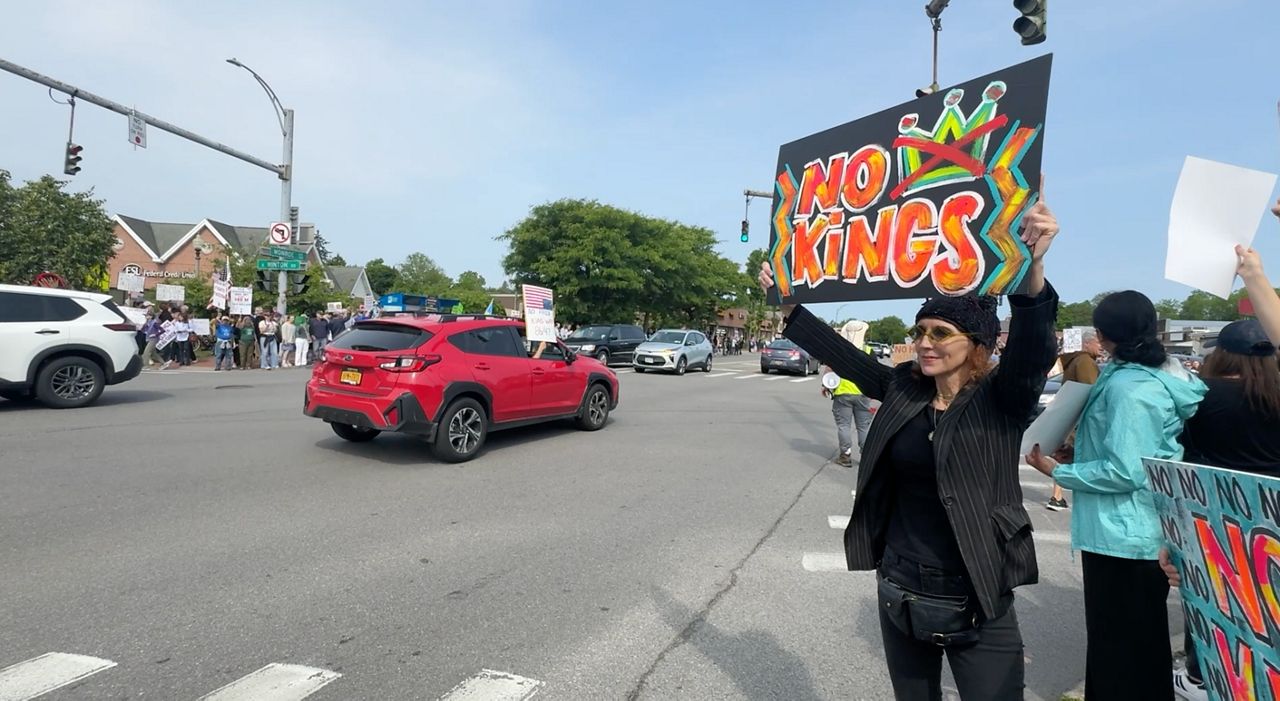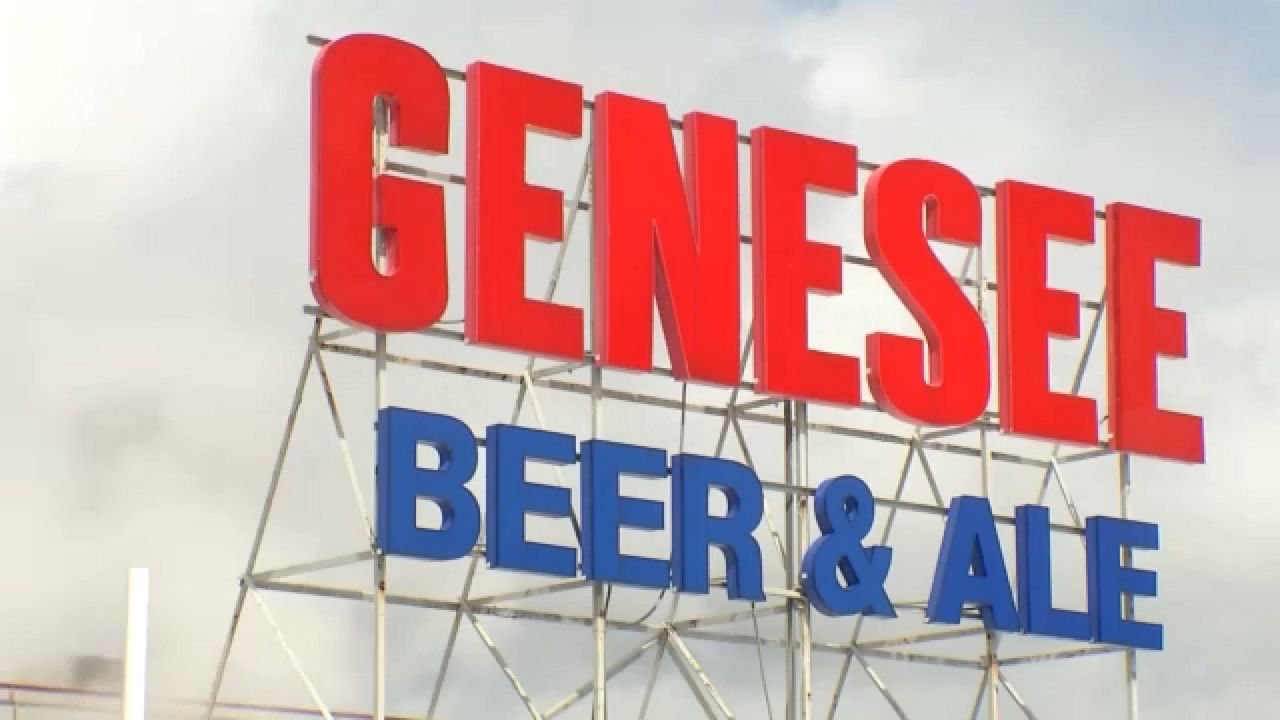Millions of dollars in grants through the Environmental Protection Agency meant to go toward projects with the goal of cutting down on greenhouse gas emissions are now on pause.
They were scheduled to go to credit unions across the country to help people finance clean energy projects at home, like solar panels.
It’s the latest funding freeze from the Trump Administration.
As Kit Miller and her husband got closer to retirement, they started thinking about how to save money.
“We thought what are the costs we can control and one of them is the cost of energy,” she said.
They installed solar panels on their roof and watched their energy bills go down.
“We’re seeing a drop. Maybe 15 to 20%," she said.
She installed a solar energy system, paid for by a loan from Genesee Co-Op Federal Credit Union.
Dan Apfel, the credit union’s COO, says it’s part of a program helping small businesses and low-income homeowners make clean energy upgrades, which could lower their overall energy costs.
“The grant money we get to support lending,” said Apfel. "It really can help make loans affordable for people so they can save money day one.”
The money is supposed to come from a $10 million grant from the EPA as part of the Greenhouse Gas Reduction Fund. But Apfel says those funds are now frozen.
“Unfortunately, the EPA and Lee Zeldin, they don’t want to disperse the money,” Apfel said. [They say] it doesn’t meet the current administrations polices. But we really think families can benefit from the money.”
Th GGRF was set up in 2022 as part of the inflation reduction act. It allocated $27 billion to the EPA for clean energy projects that would lower greenhouse gas emissions.
EPA administrator Lee Zeldin released a video about cuts to the GGRF.
"We won't be funding left wing ideological pet projects like the past administration,” said Zelden in the video. "Today, the Green New scam ends as the EPA does its part to usher in the golden age of American success."
Genesee Co-Op is one of 108 credit unions across the county affected by the funding freeze. Currently, access to the money is tied up in court. An appellate court is expected to decide by late May whether EPA has the authority to terminate the awards. It’s a decision that could affect thousands.
“Higher income people have been able to afford this for a while through tax credits,” said Apfel. "They can afford the cost of the loan but lower income people really haven’t been able to access this.”
For the Millers, it might be too soon to just how much money they’re saving with solar. But Miller says her family doesn’t regret making the switch.










